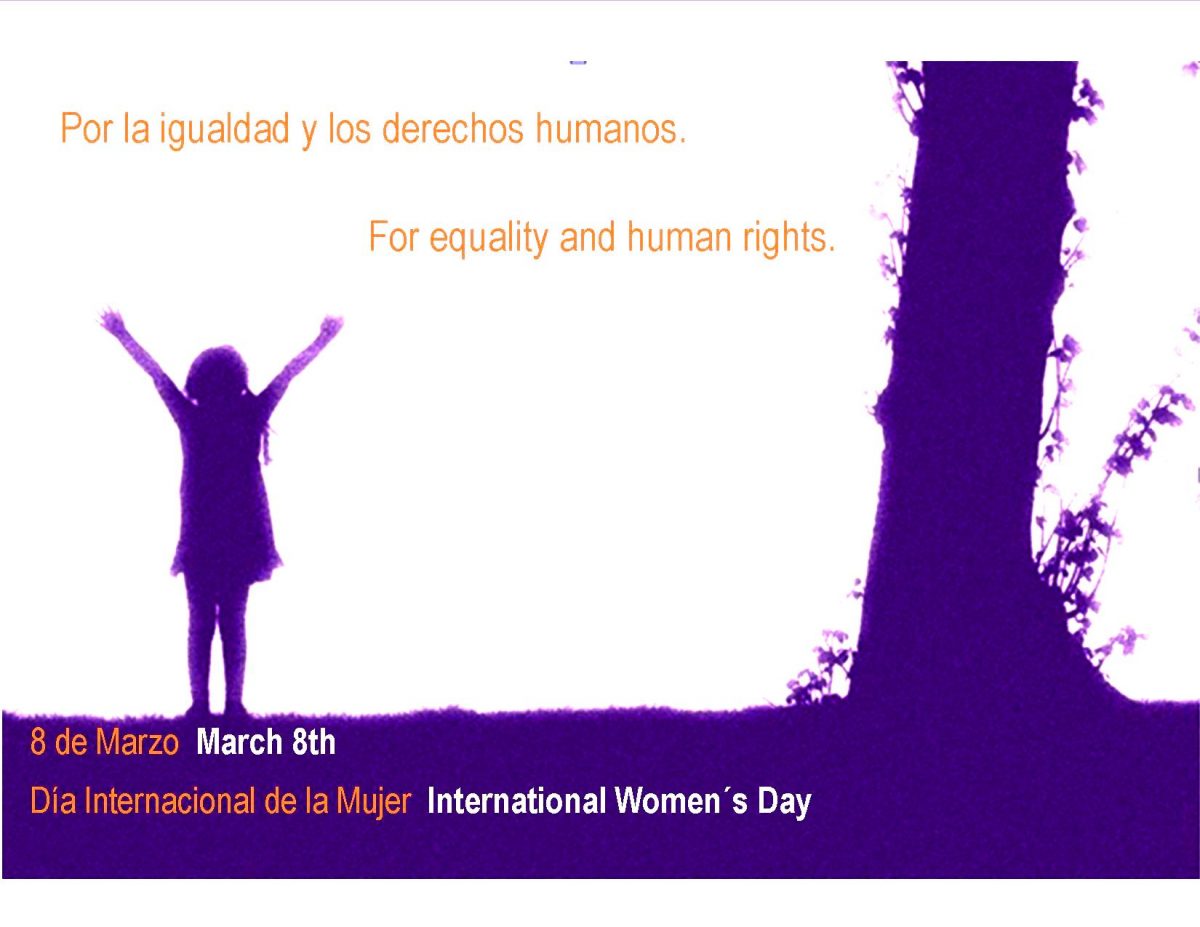






On International Women’s Day, the Center for Justice and International Law (CEJIL) would like to acknowledge the contributions of women to the field of human rights and reaffirm its commitment to continue its work of ensuring that all women can live in a hemisphere free of human rights violations, like gender-based violence and discrimination.
A world that is just and equitable for women is a better world. At a regional level, much has advanced in the defense of women’s rights in Latin America and the Caribbean. Two decades ago, the Inter-American Convention on the Prevention, Punishment, and Eradication of Violence against Women entered into full force. Also known as the Convention of Belém do Pará, this landmark document recognized the right of women to be free from violence and discrimination and has been ratified by 32 of the 35 states of the Organization of American States.
Yet, despite its widespread support and the preamble’s acknowledgment that gender-based violence is a “manifestation of the historically unequal power relations between women and men,” women continue to experience systematic violations of human rights.
Throughout the hemisphere, violence against women remains a serious problem. According to a recent 12-country study by the Pan American Health Organization, regions like Central America have the highest rates of gender-based violence.
At institutional levels, discrimination remains entrenched. Women are alarmingly underrepresented across decision-making positions that determine important human rights rulings and outcomes. One need only to look within the Inter-American System, and discover that currently, no women serve on the Inter-American Court of Human Rights.
As an organization that protects and promotes human rights in the Americas through the effective use of international human rights law, CEJIL has represented numerous women who have been victims of human rights violations before the Inter-American System. Among them is the case of María da Penha Fernandes in which the Belem do Pará Convention was applied for the first time within the Inter-American system in order to call on the Brazilian government to adopt measures that guarantee the effective punishment, prevention and eradication of violence against women.
María da Penha was shot by her husband and left paraplegic. With CEJIL and CLADEM’s support, her tireless search for justice led to the creation of the Maria da Penha law —a landmark piece of legislation which intends to prevent the evasion penal sanctions for acts of domestic violence against women, promote rehabilitation programs for the aggressors, and create specialized courts for victims.
Bearing this in mind, it is vital for society to understand that violence is against women is a violation of human rights, and so too is discrimination against women. In order to address these phenomena, we must tackle the root causes of aggression that contribute to these human rights violations The fight against violence and discrimination is an everyday struggle that reminds us about this important date in which we celebrate the energy, capacity and diversity of women who defend human rights and women’s rights.
¡Ayúdanos a continuar este trabajo crítico y urgente con una donación!
DONA AHORA